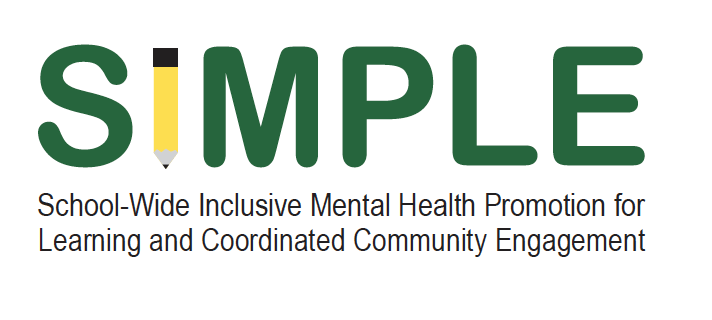Transitions to Adulthood Center for Research – August 2022 Newsletter
Youth and young adults (ages 14 to 30) with serious mental health conditions are a very large population with strikingly poor outcomes. For both students and young workers, a serious mental health condition is a major barrier to success. Research has documented that these young adults have serious struggles in both school and work, often even more so than other disability groups. Additionally, the movement from adolescent to mature adulthood for young people with serious mental health conditions is made more difficult because it spans the ages that child and adult service systems address. The transition to adulthood is a critical life stage when the learning that occurs, both in school and in the larger world, lays an important foundation for individuals’ future work life.
S.T.A.Y. Tuned: Supporting Transition-Age Youth Podcast is a podcast for young adults, made by young adults, with mental health conditions. It’s designed with the purpose of sharing useful information our research team has gained through studies of transition-age youth/young adults navigating school or work. We bring on guests, including our research collaborators from across the globe, and discuss the challenges and opportunities for youth with serious mental health struggles, particularly as they navigate educational and workforce experiences.
New 988 Suicide and Crisis Lifeline!

The Mental Health and Developmental Disabilities (MHDD): National Training Center
MHDD works to improve mental health services and supports for people with developmental disabilities. By serving as a national clearinghouse, MHDD helps provide access to the most current evidence-based, trauma-informed, culturally responsive practices that address the mental health needs of individuals with developmental disabilities.
National Center for School Mental Health (NCSMH)
A technical assistance and training center with a focus on advancing research, training, policy, and practice in school mental health. School mental health has, at its foundation, strong family-school-community partnerships with a shared goal of promoting positive academic and social-emotional-behavioral outcomes for all students.
Midwest PBIS Center: Interconnected Systems Framework
The Interconnected Systems Framework (ISF) is a structure and process to integrate Positive Behavioral Interventions and Supports and School Mental Health within school systems. The goal is to blend resources, training, systems, data, and practices in order to improve outcomes for all children and youth. There is an emphasis on prevention, early identification, and intervention of the social, emotional, and behavior needs of students. Family and community partner involvement is critical to this framework. This page has a variety of resources, training materials, tools, and recorded webinars.
JED equips America’s teens and young adults with the skills and support they need to grow into healthy, thriving adults. Mental health impacts all aspects of our lives — school, work, home life, relationships, and our overall well-being. Supporting and protecting mental health during the challenging transition from the teenage years to adulthood requires a comprehensive approach that addresses all the factors that can impact how we think, feel and perceive the world around us.
Implementation Science and Practice Advances Research Center (iSPARC)
iSPARC research focuses on developing knowledge about developmentally appropriate and effective interventions to help transition-age youth and emerging adults with serious mental health conditions. iSPARC emphasizes mental health interventions and supports that help young people successfully complete their schooling and training, and achieve their adult career goals. iSPARC examines policy and systems issues and gaps, particularly as they may contribute to youth and young adults entering inappropriate service sectors or receiving inadequate, ineffective services.
Research and Training Center for Pathways to Positive Futures
Works to improve the lives of youth and young adults with serious mental health conditions through rigorous research and effective training and dissemination. Our work is guided by the perspectives of young people, and their families, and based in a positive development framework.



